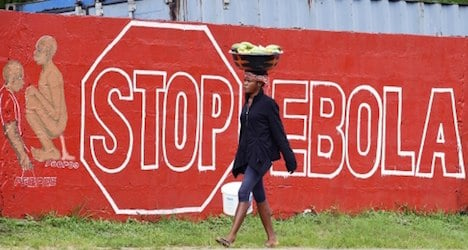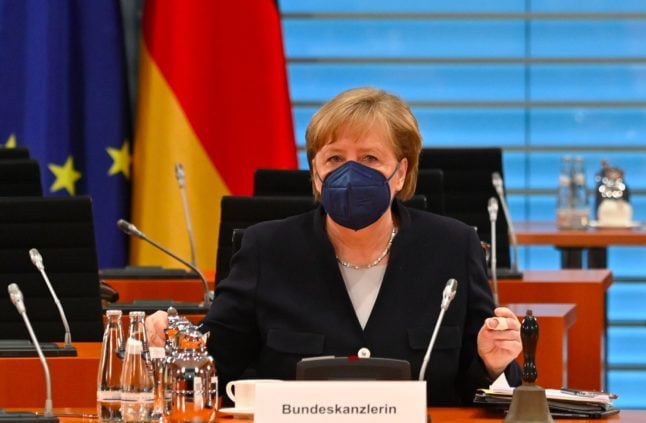"These are measures that go beyond the recommendations of the WHO's emergency committee," Isabelle Nuttall, who heads WHO's alert and response department, told AFP on Wednesday.
Australia on October 27th became the first Western nation to suspend migration from Ebola-hit west African nations, and Canada followed suit four days later.
The two countries said the moves were needed to ensure that the deadly virus, which has killed around 5,000 people mainly in Guinea, Liberia and Sierra Leone does not surface within their borders.
But Nuttall pointed out that the UN's health agency had recommended only exit screening for people leaving the hardest-hit nations and did not think blocking entry to all their residents was a good way to fight the raging epidemic.
The WHO asks any country putting in place measures that interfere with international travel to justify the move from a scientific and public perspective.
Such requests had been sent to Canada and Australia and a range of other countries that have put in place similar measures, Nuttall said.
Instead of closing borders, Nuttall said the best way to fight the epidemic was on the ground in west Africa.
"We have to make sure the three countries are conducting exit screening, and the rest of the world must remain vigilant so cases can be detected if they show up in other countries," she said.
Nuttall said that blanket visa suspensions could give countries a "false sense of security", warning it could even push "uncontrolled immigration" from the affected areas, "which is much riskier".
She also cautioned that such measures made the response to the outbreak more difficult, since it complicated travel to and from the affected countries for aid workers.
And they put additional pressure on the countries already being ravaged by the outbreak.
"The burden that they have to face is more than enough," she said.
WHO
Canada and Australia rapped for Ebola policies
The Geneva-based World Health Organization has asked Canada and Australia to justify their decisions last week to suspend immigration from Ebola-hit west African countries.
Published: 5 November 2014 21:21 CET

Photo: AFP
Url copied to clipboard!


 Please whitelist us to continue reading.
Please whitelist us to continue reading.
Member comments